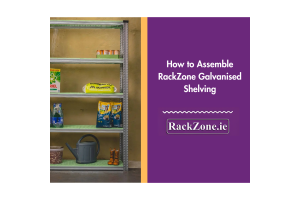5 Key Types of Warehouse Management Systems (WMS)
The epicentre of an efficient supply chain is a seamlessly running warehouse. At the heart of this efficiency lies a competent Warehouse Management System (WMS). In this technologically driven era, warehousing operations have evolved monumentally. Nowadays, a WMS does not just stand for a mere storage system but symbolises a sophisticated ecosystem capable of handling diversified tasks including inventory tracking, data analysis, and automation of processes, ensuring the streamlined flow and efficient management of goods.
If you are in the market for a WMS, it’s pivotal to be informed about the various types available to make an informed decision tailored to the needs of your warehouse. Below, we delve into the five key types of Warehouse Management Systems that stand as industry front-runners in the modern era.
1. Standalone WMS
A standalone Warehouse Management System is a basic and traditional system that operates independently without being integrated into anything such as an enterprise resource planning (ERP) for example. It is primarily focused on warehouse management functions and offers a range of features including inventory control, tracking, and reporting. Standalone WMS is a cost-effective option and is a good choice for smaller businesses with limited resources.
2. Cloud-Based WMS
The cloud-based Warehouse Management System offers scalability, real-time data access, and reduced upfront costs. This system is hosted on a cloud server and can be accessed from anywhere with an internet connection. It has the ability to integrate with other systems seamlessly making it a popular choice for modern, technologically advanced warehouses looking for flexibility and efficiency in operations.
3. ERP Modules
ERP-integrated WMS are the modules that come as part of a larger enterprise resource planning system. These are incredibly holistic, offering features beyond warehouse management including financial management, human resources, and more. By integrating WMS into the ERP, businesses ensure centralised control and a unified system, enhancing coordination and efficiency in the operational flow.
4. Open Source WMS
For businesses looking for a customisable solution, open-source WMS serves right. These systems allow users to modify the source code to suit their individual business needs, providing a level of flexibility that proprietary systems may not offer. This, however, comes with a demand for higher technical expertise to manage and modify the system.
5. Supply Chain Modules
Supply chain modules take a broader approach, integrating warehouse management into a system that encompasses the entire supply chain. This kind of system offers functionalities like transportation management, supplier and vendor management, alongside warehouse management features. The integrated approach offers a streamlined flow of information and goods throughout the supply chain, enhancing visibility and operational coherence.
Choosing the right Warehouse Management System is a cornerstone in building a resilient and efficient warehouse operation. It is, therefore, quintessential to understand the functionalities, strengths, and limitations of different WMS types before making your choice.
For any warehouse, aligning with a WMS that dovetails with its operation scale, technical prowess, and budgetary considerations is a decisive step towards operational excellence. As you venture into choosing a WMS for your warehouse, leaning on industry expertise and insights from RackZone can guide you to a choice that stands in synergy with your warehouse’s unique demands, steering you towards a pathway of efficiency and growth.
Take the Next Step Towards Warehouse Excellence
Are you ready to elevate your warehouse operations to unprecedented heights of efficiency and effectiveness? The perfect Warehouse Management System awaits to revolutionise your business. Connect with the experts at Rackzone today to find the solution that’s just right for you.
Visit RackZone now to explore our extensive range of solutions and take the first step towards optimising your warehouse for success!




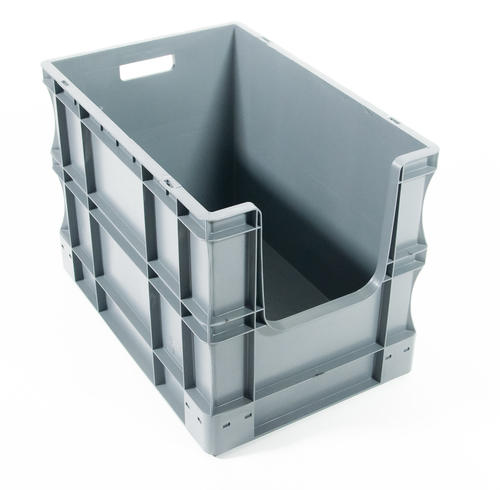
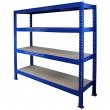
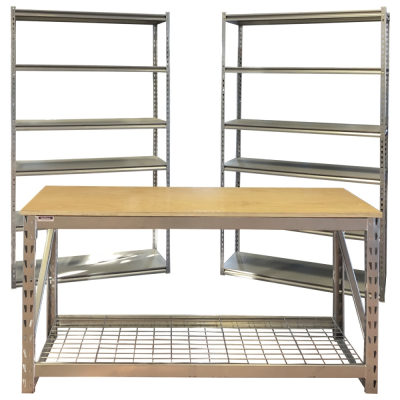
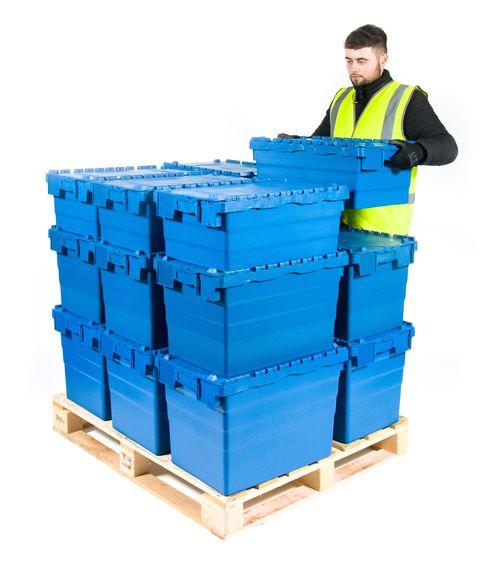
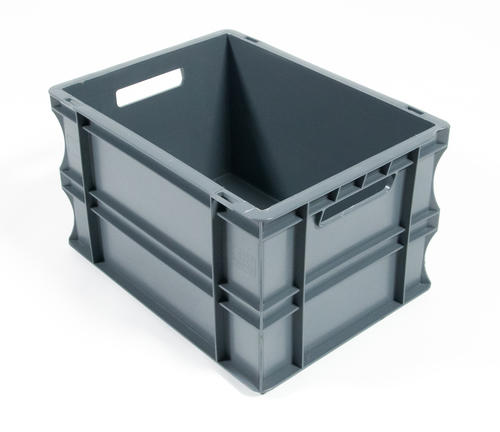
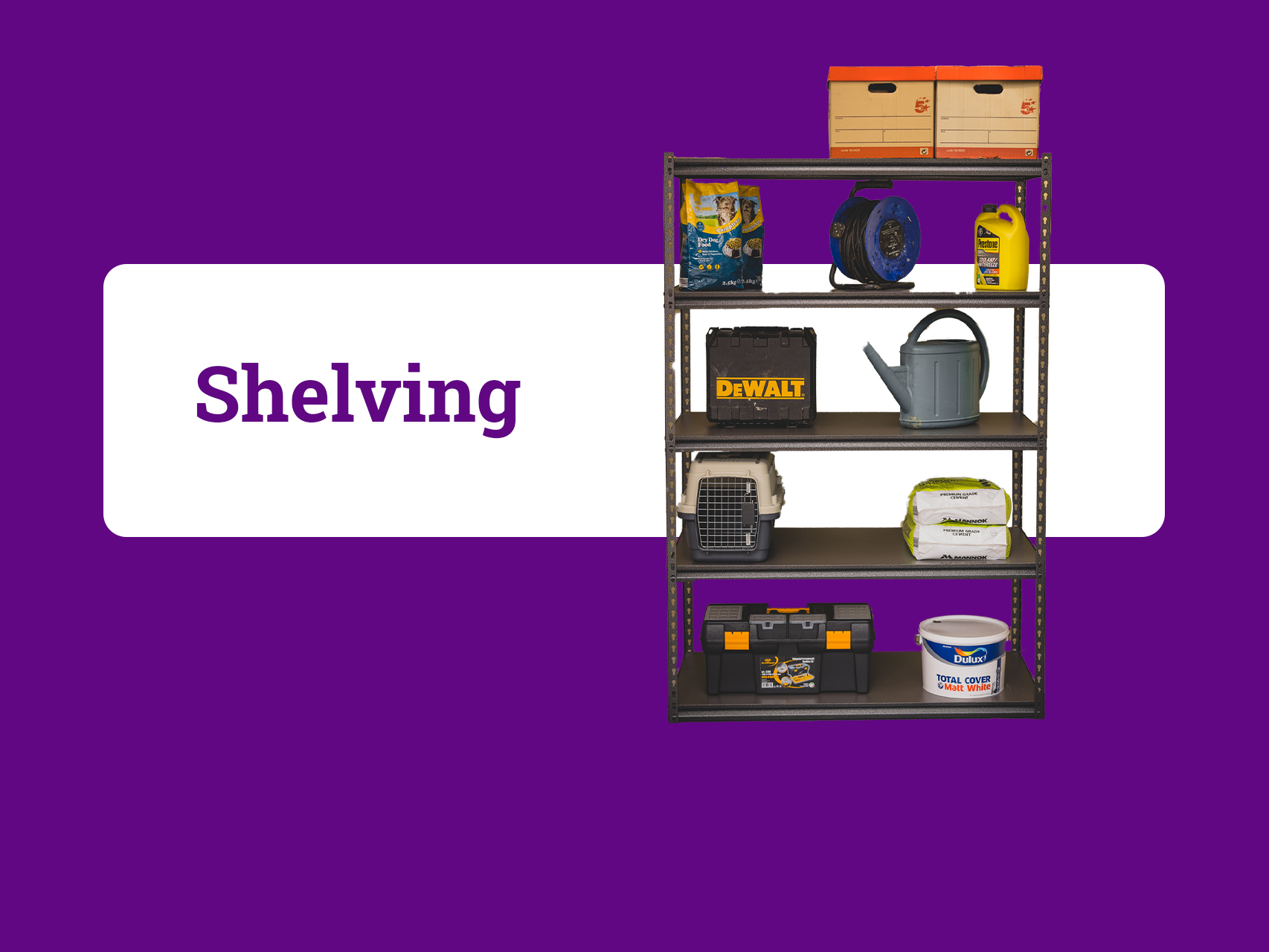
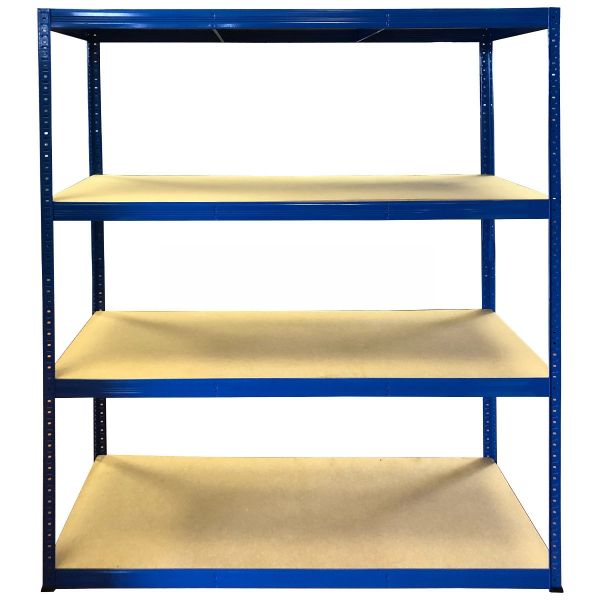 Value Shelving
Value Shelving 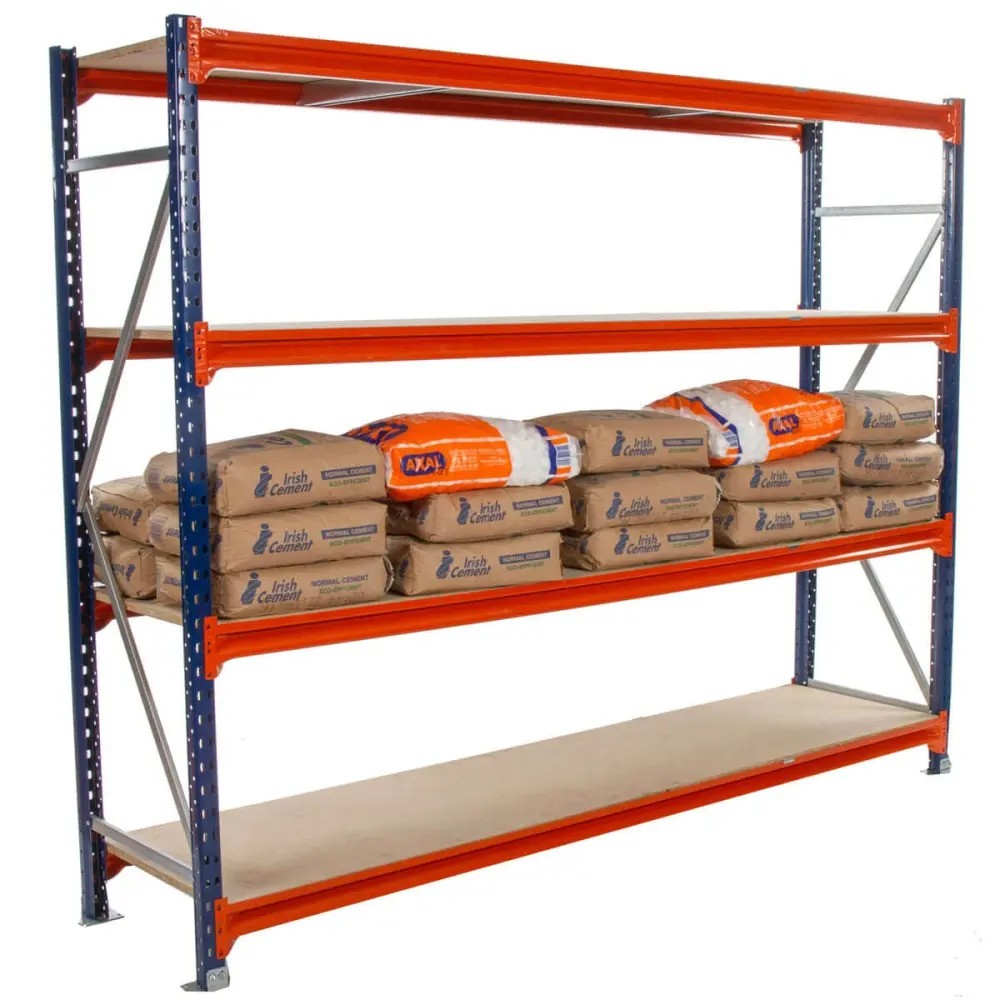 Warehouse Shelving
Warehouse Shelving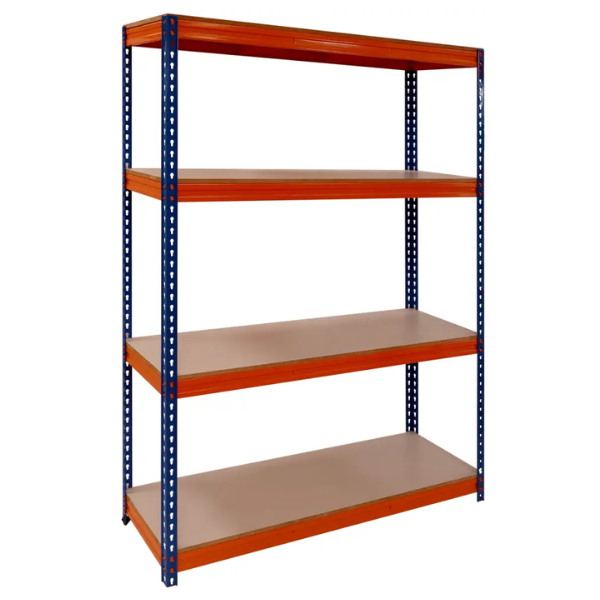 Industrial Shelving
Industrial Shelving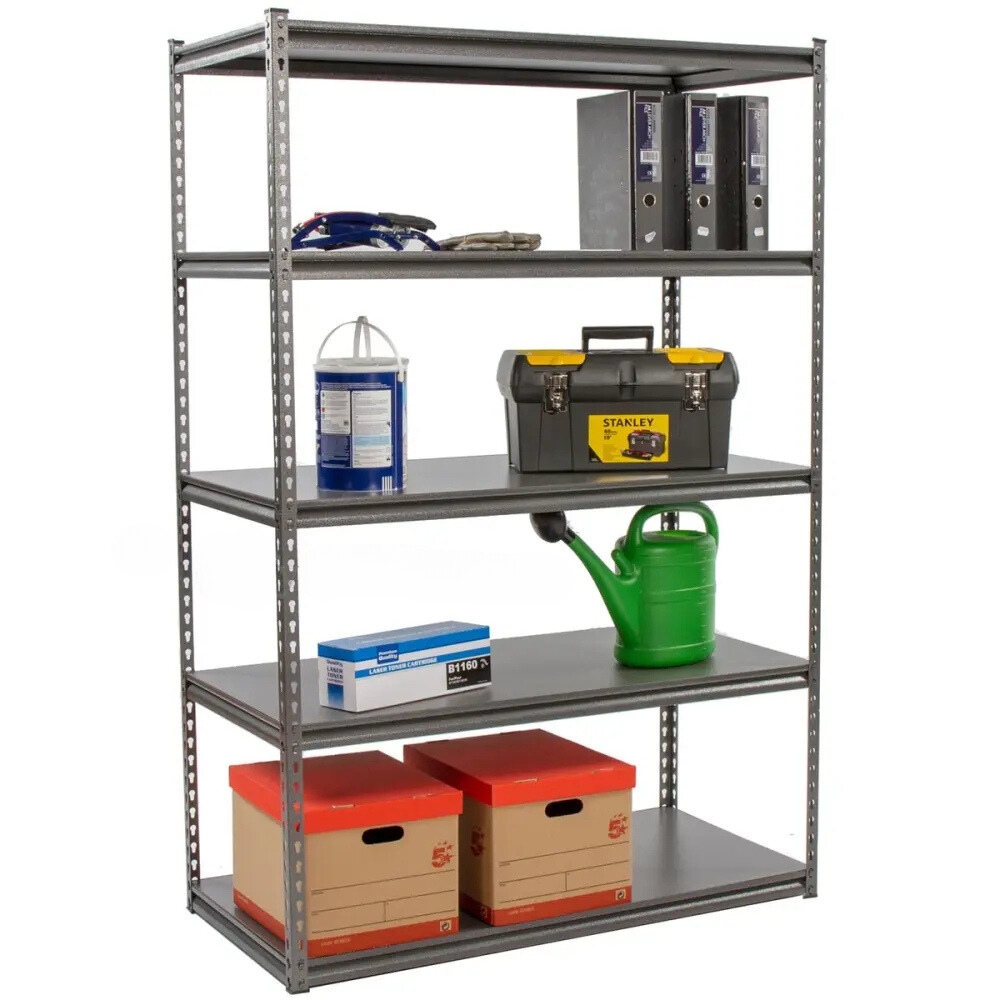 Garage Shelving
Garage Shelving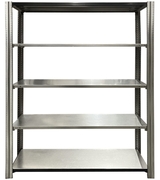 Metal Shelving
Metal Shelving 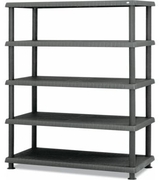 Plastic Shelving
Plastic Shelving HORECA
HORECA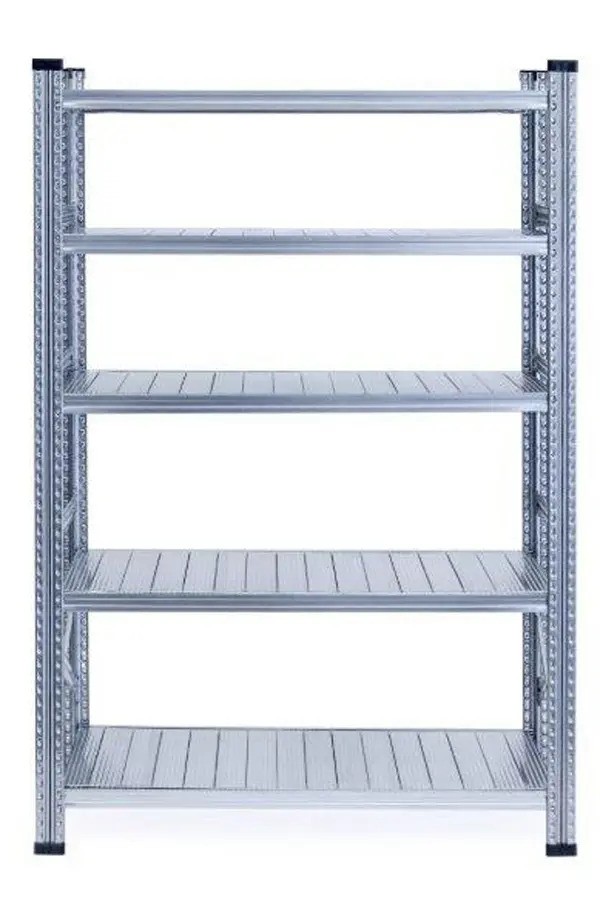 Galvanised Shelving
Galvanised Shelving 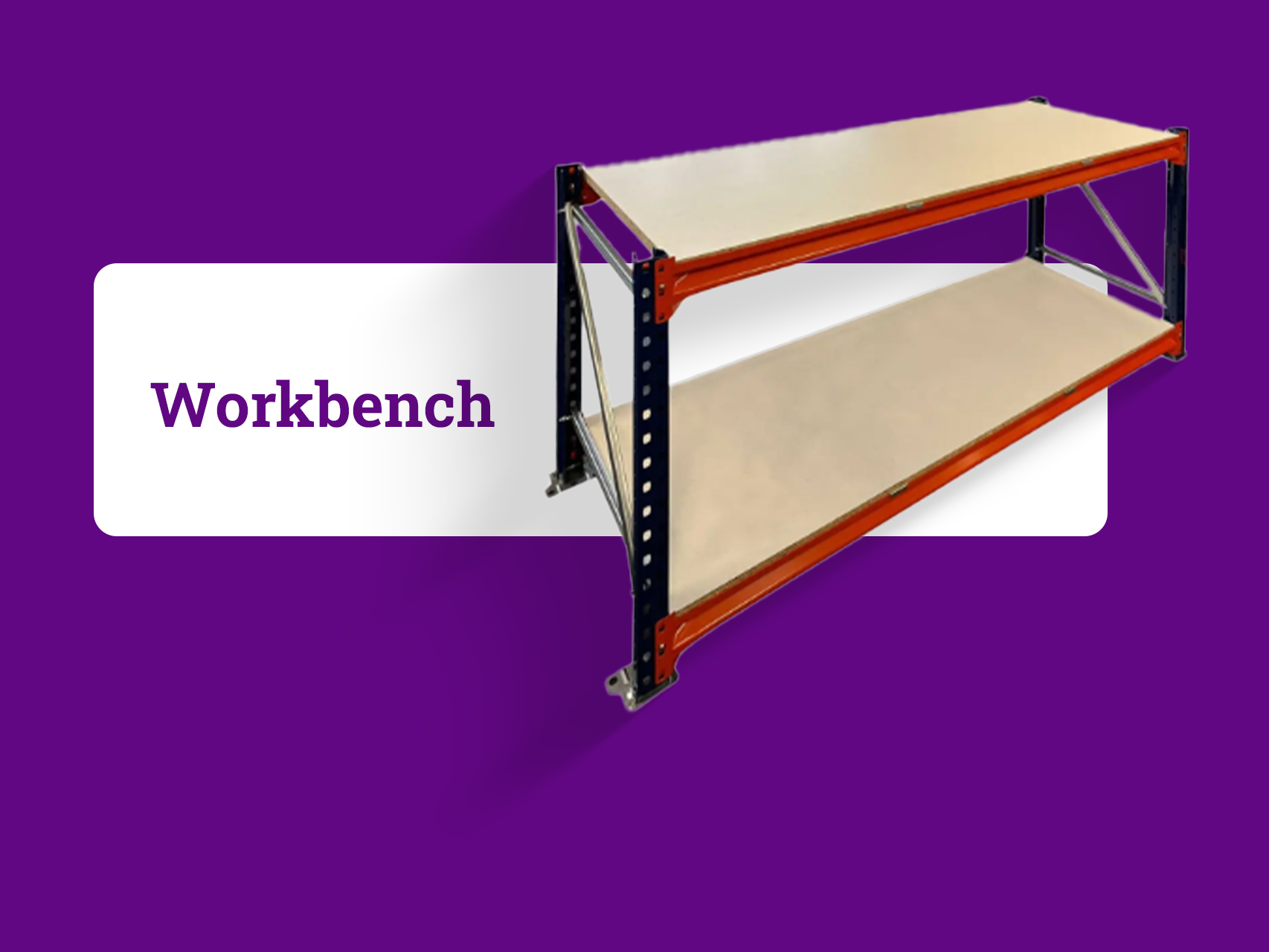
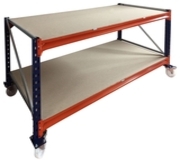 Industrial Workbench
Industrial Workbench  Value Workbench
Value Workbench 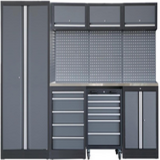 Modular Workstations
Modular Workstations
 Matting
Matting 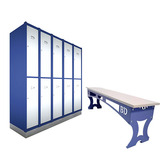 Metal Lockers & Benches
Metal Lockers & Benches Office
Office  Slatwall
Slatwall  Cabinets
Cabinets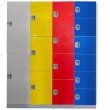 Plastic Lockers
Plastic Lockers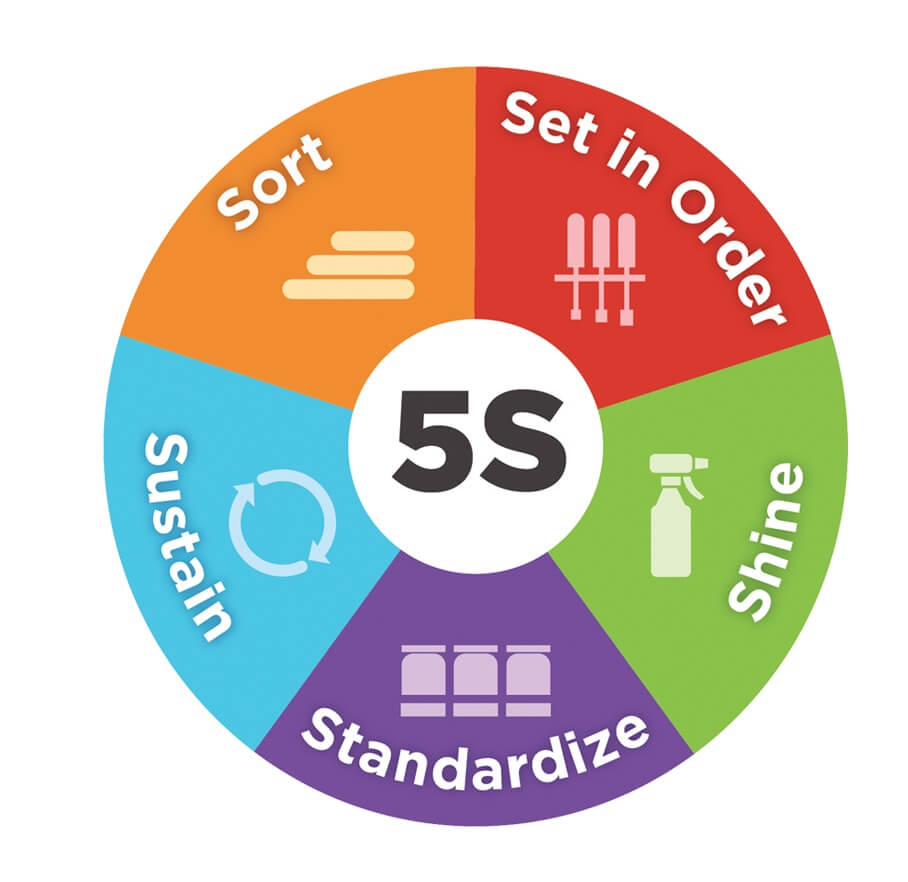 Lean Products
Lean Products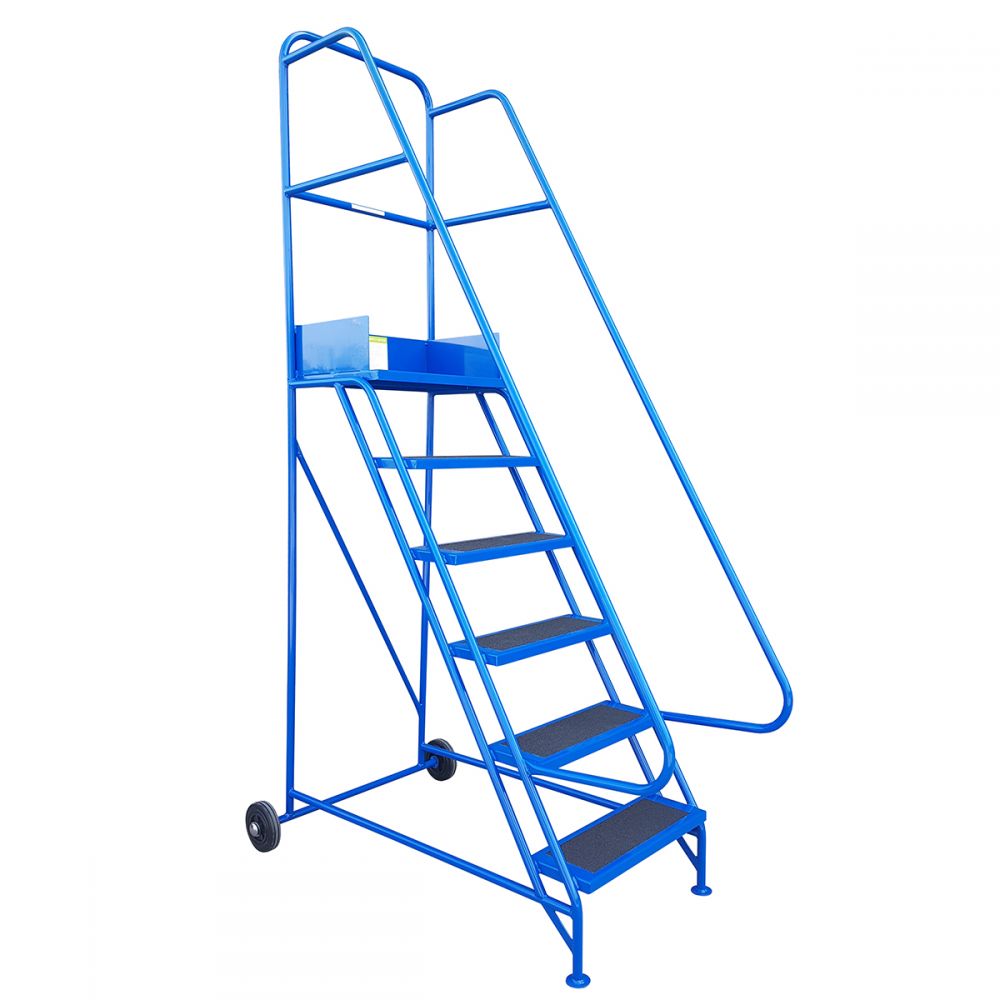 Mobile Steps
Mobile Steps Wall-Zone
Wall-Zone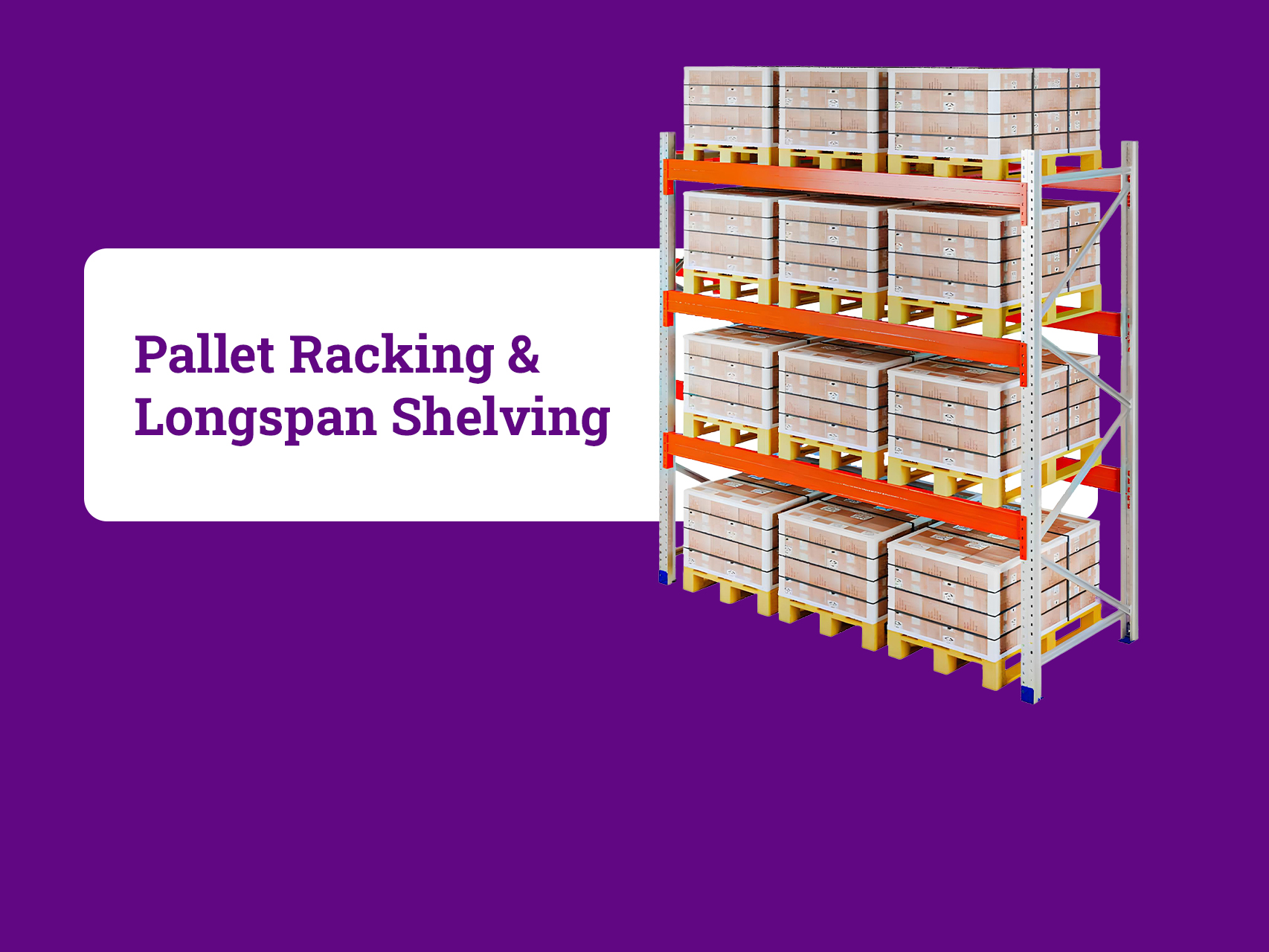
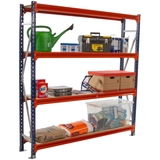 Longspan Racking
Longspan Racking  Cantilever Racking
Cantilever Racking 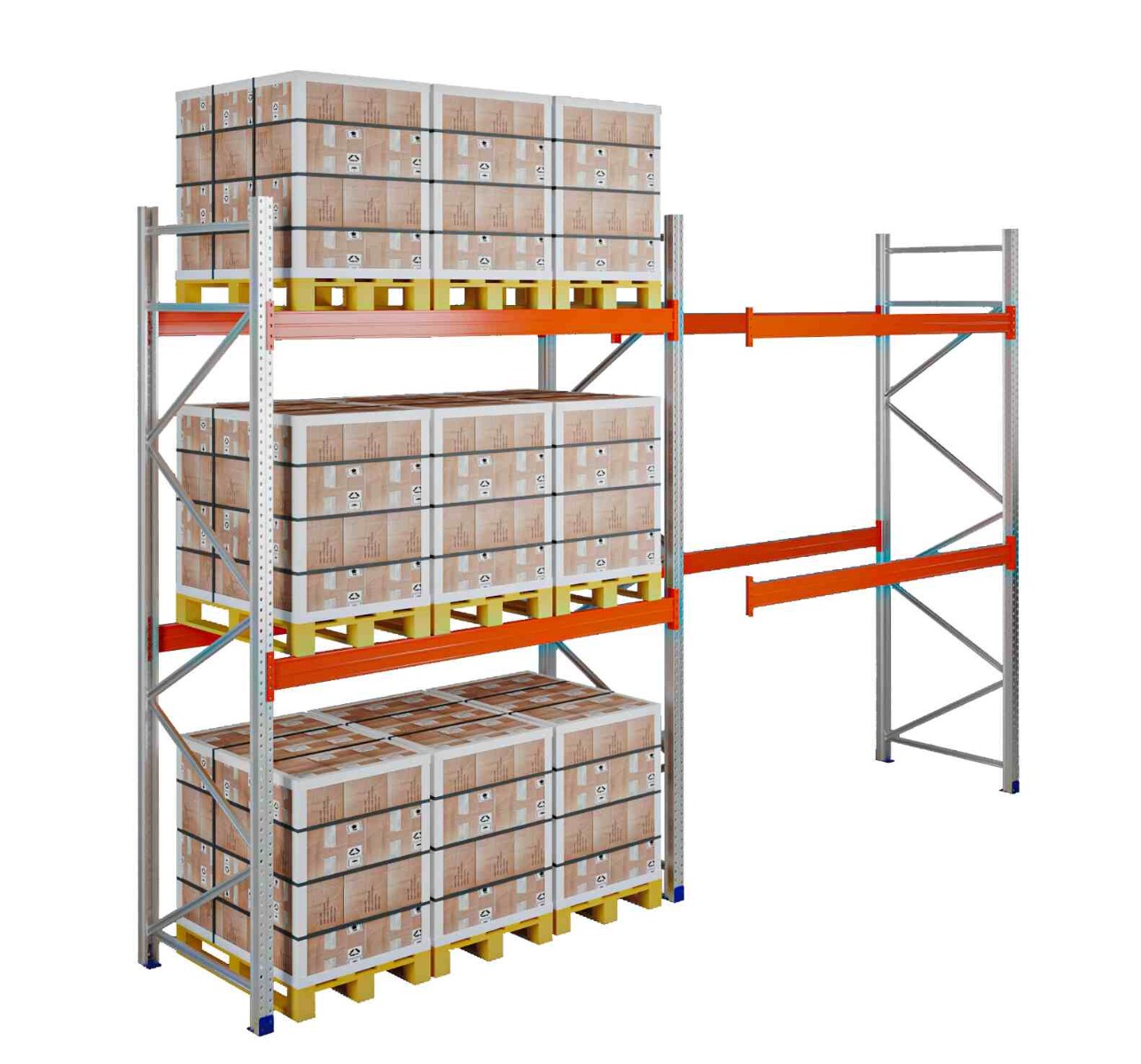 Industrial Pallet Racking
Industrial Pallet Racking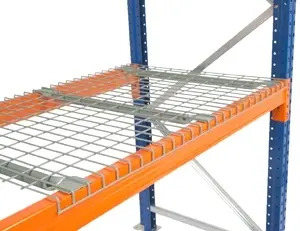 Wire Mesh Decking
Wire Mesh Decking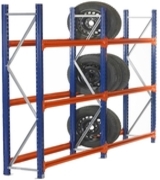 Tyre Racking
Tyre Racking Vertical Storage
Vertical Storage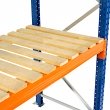 Racking Accessories
Racking Accessories Up & Over Gates
Up & Over Gates 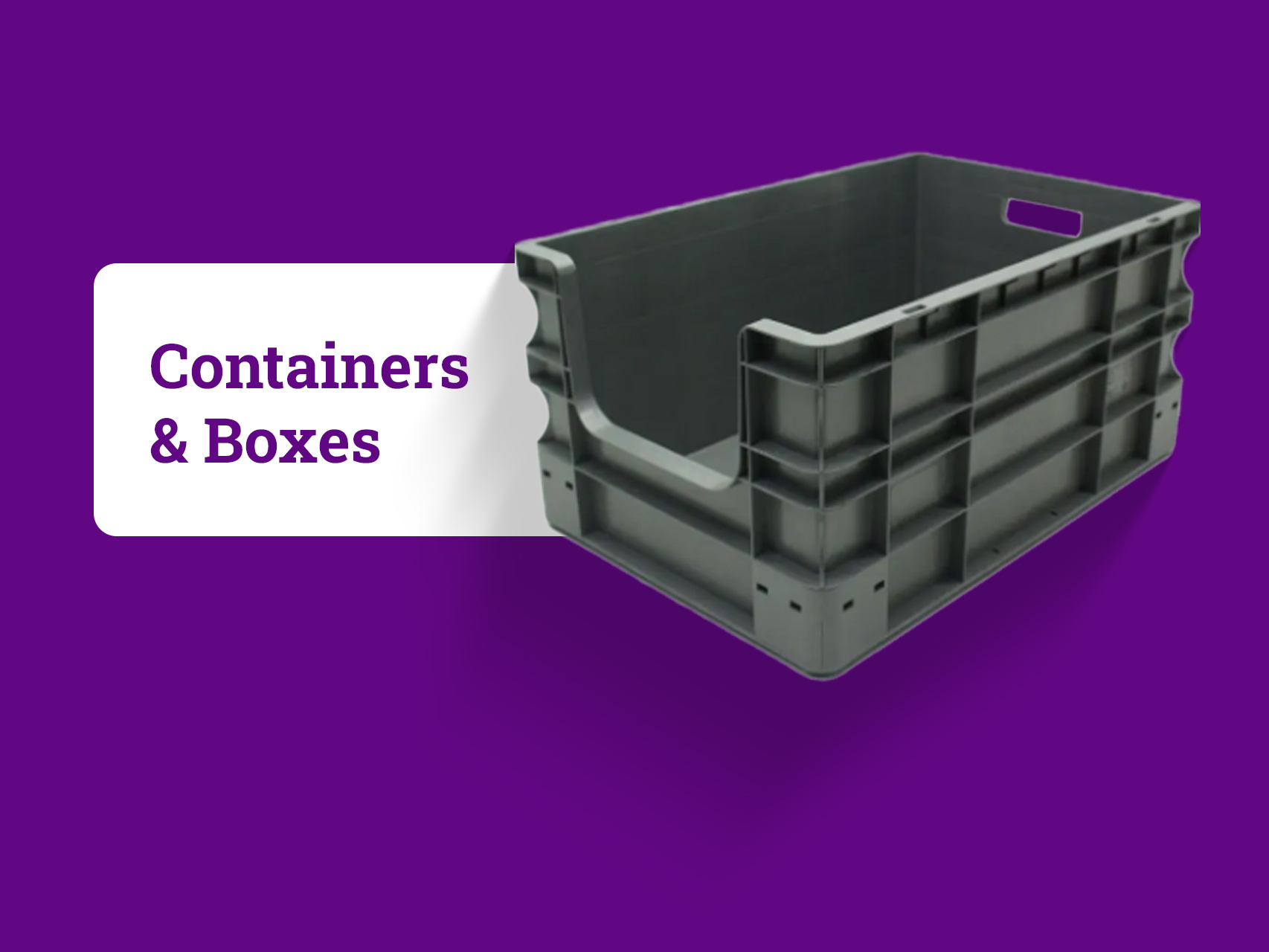
 Containers & Boxes
Containers & Boxes 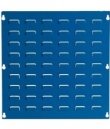 Louvre Panels
Louvre Panels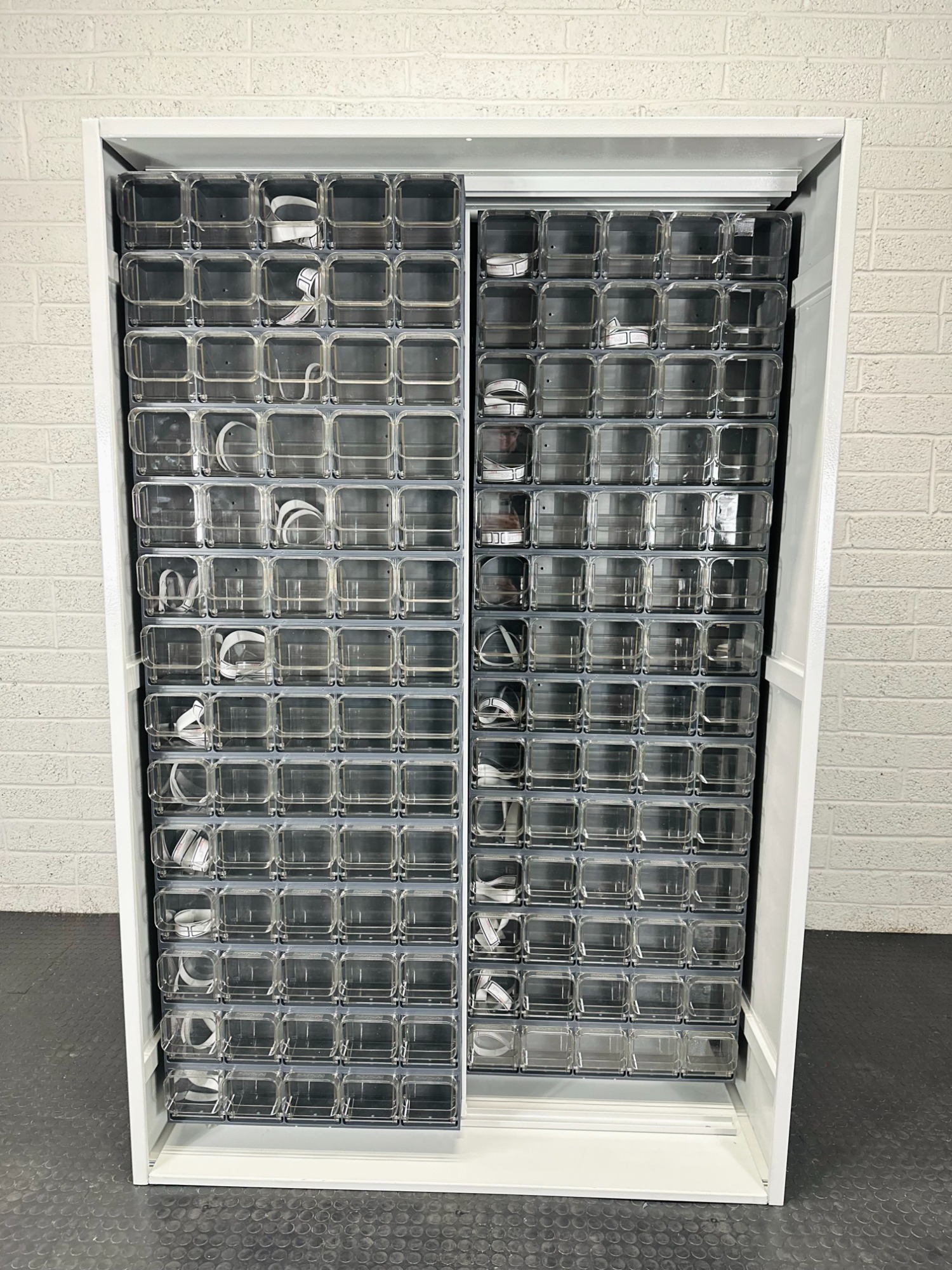 Crystal Box Systems
Crystal Box Systems Parts Bins
Parts Bins 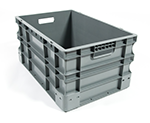 Euro Containers
Euro Containers Visible Storage Boxes
Visible Storage Boxes 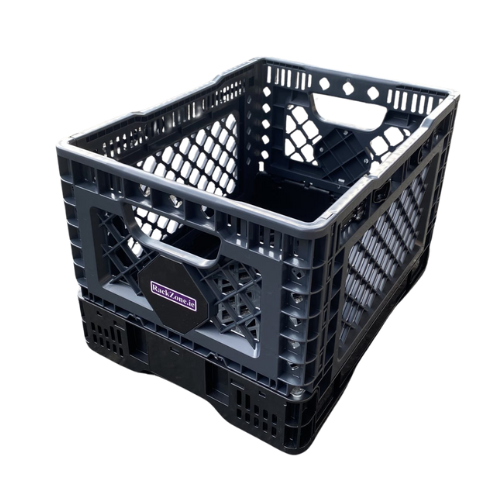 Foldable Crates
Foldable Crates
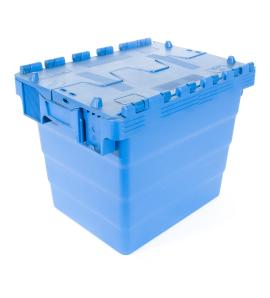
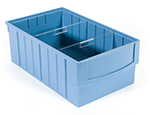 Shelf Bin
Shelf Bin Tool Organiser
Tool Organiser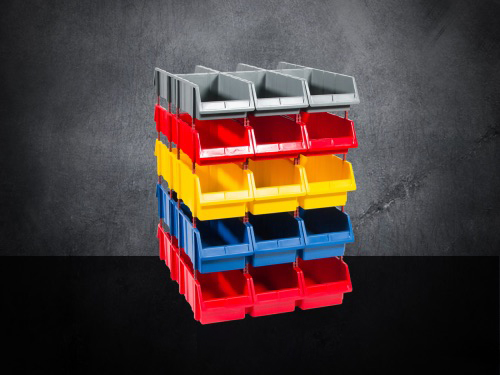


 Waste Management
Waste Management Cabinets
Cabinets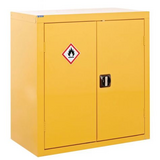 Chemical & CoSHH Cabinets
Chemical & CoSHH Cabinets  Hex Lighting
Hex Lighting Packaging
Packaging 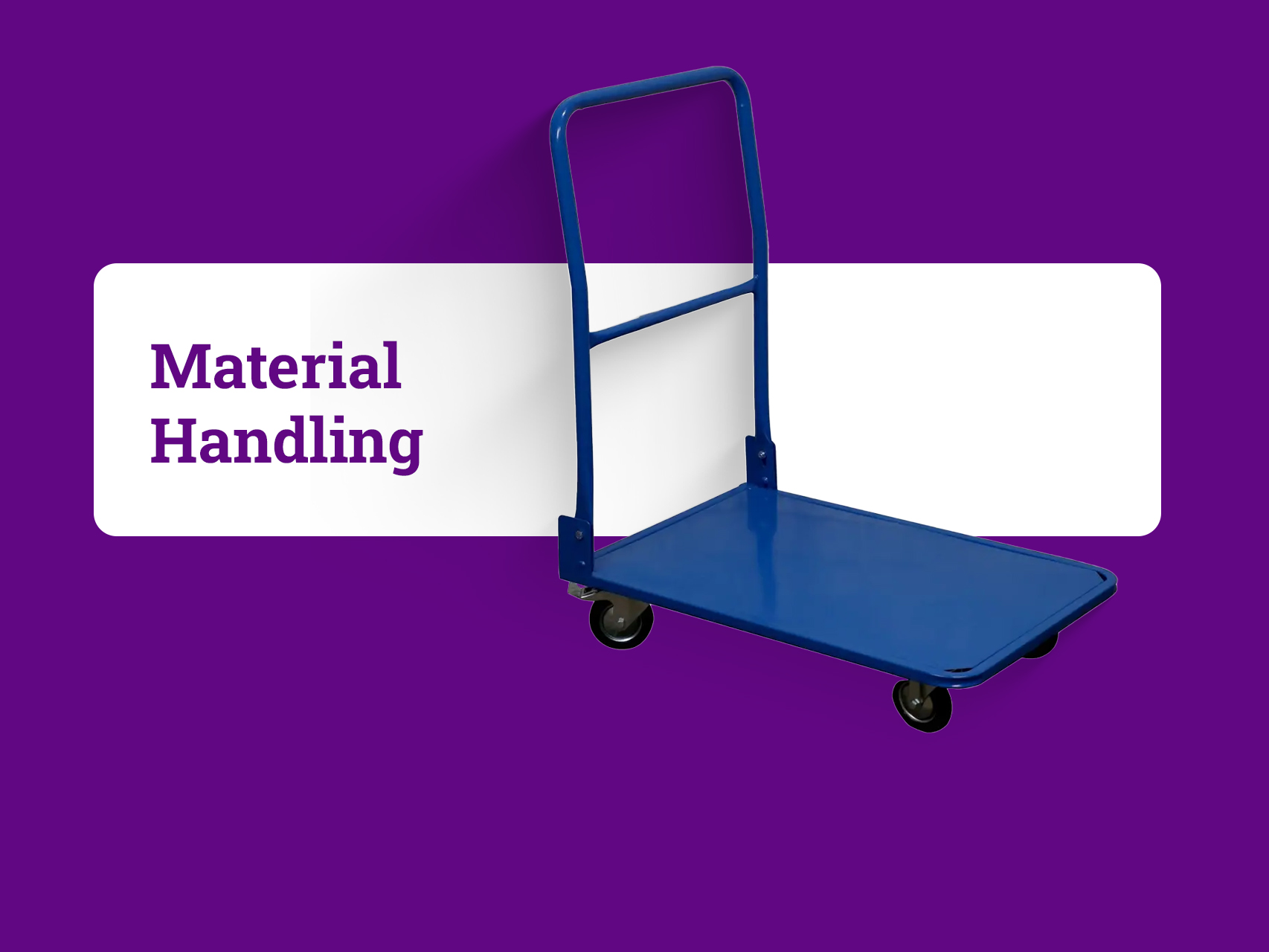
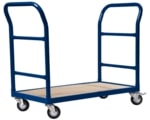 Platform Trolleys
Platform Trolleys 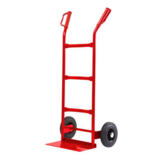 Hand Trucks
Hand Trucks 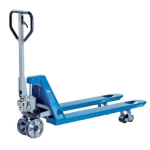 Pallet Trucks
Pallet Trucks 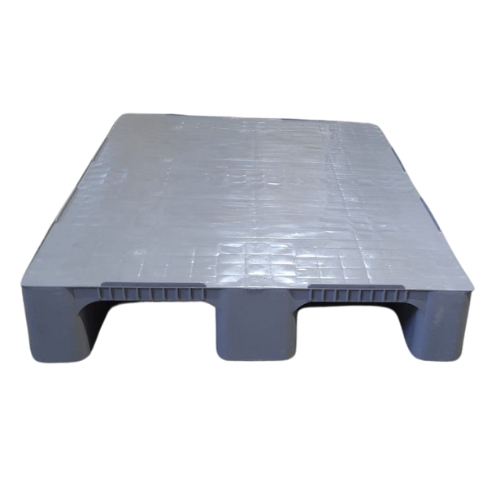 Plastic Pallets
Plastic Pallets





